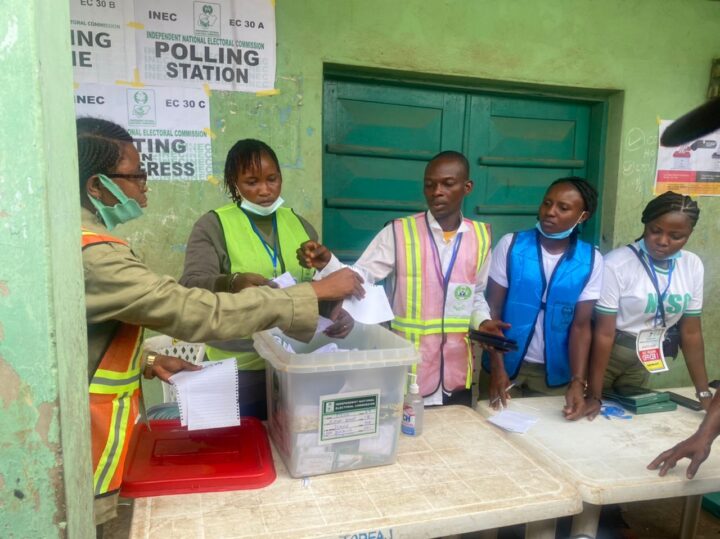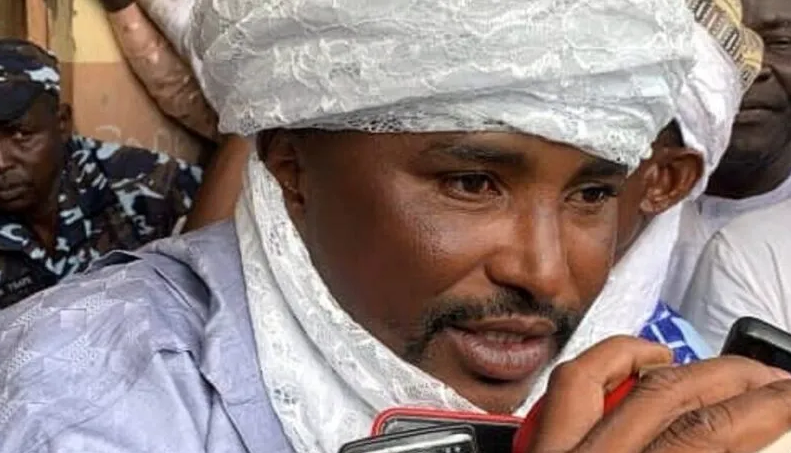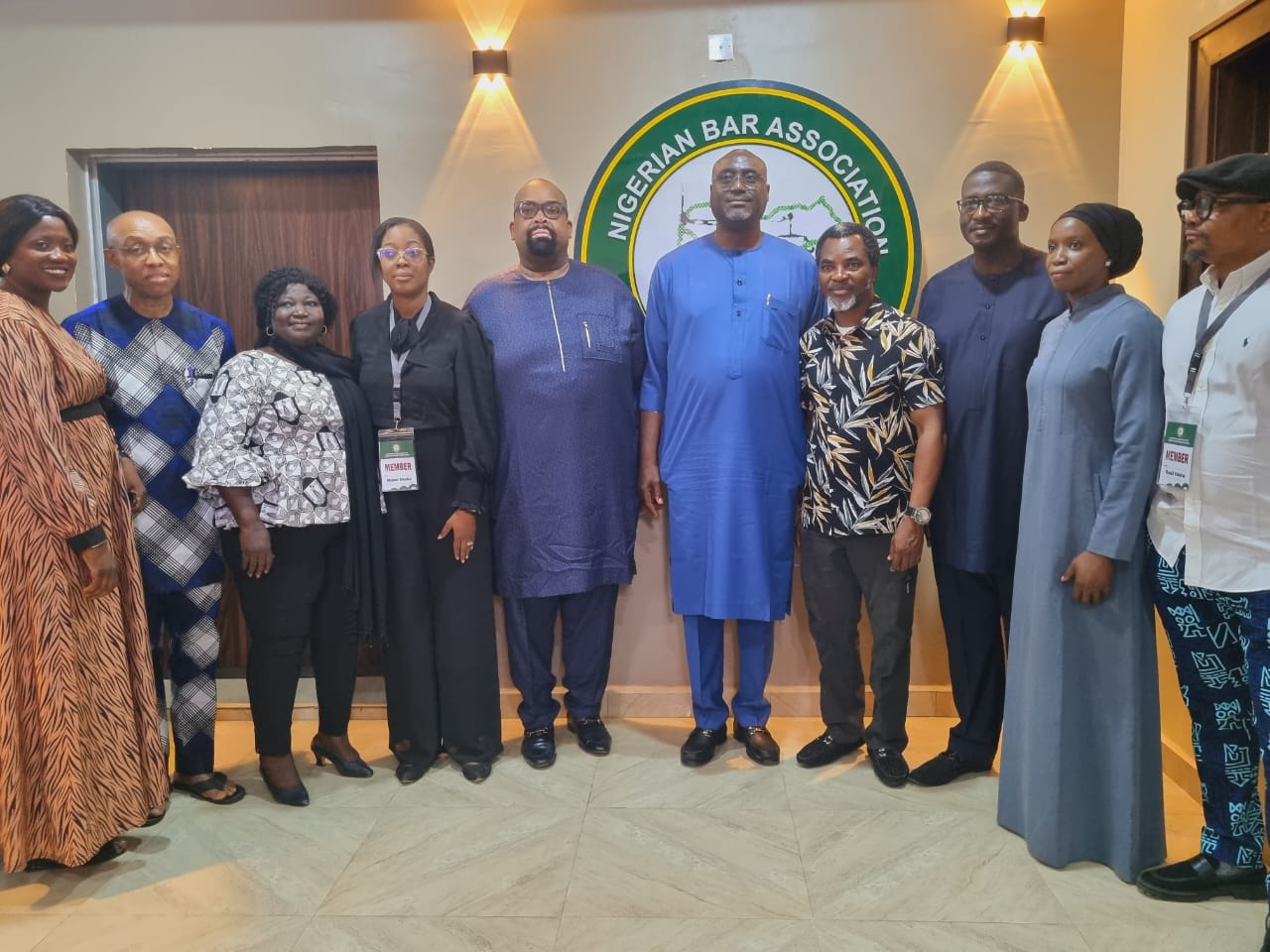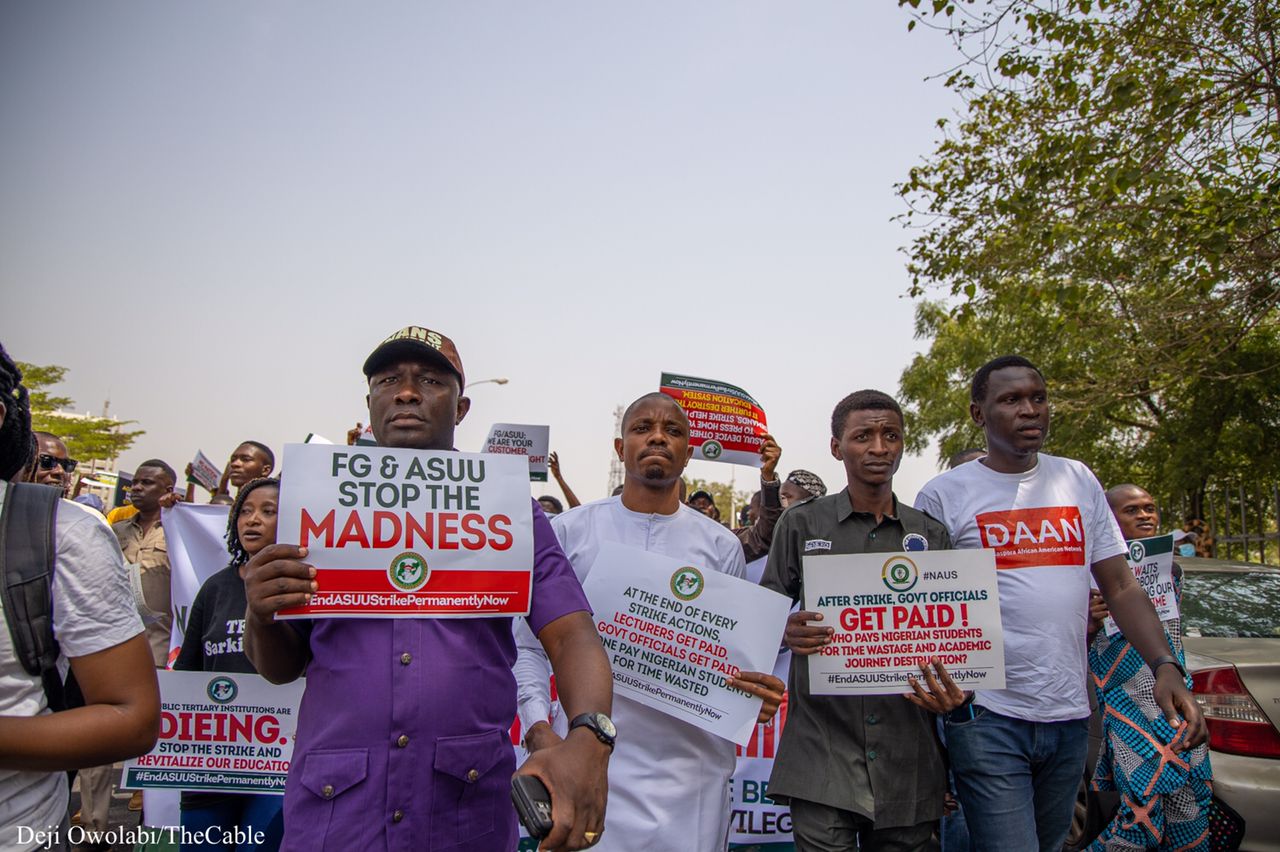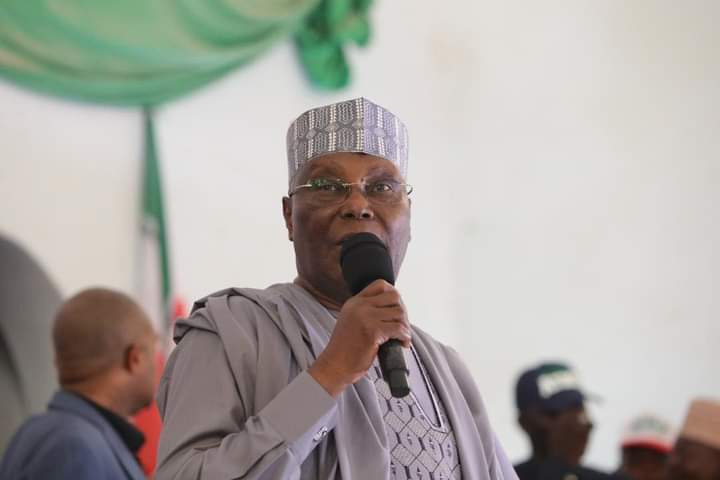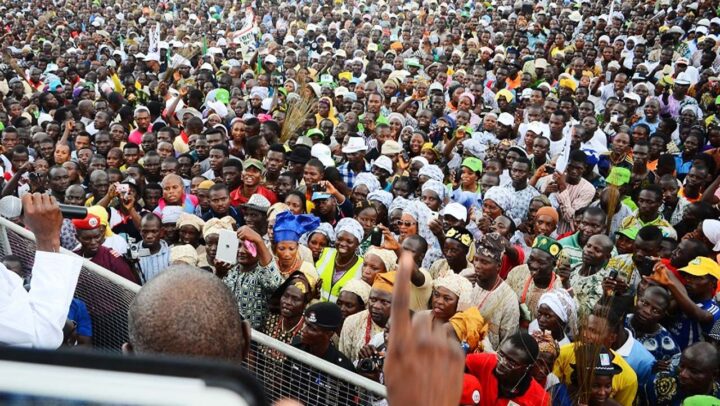The state of Osun is the cradle of the Yoruba race where legend has it that Oduduwa, son of Lamurudu, the King of Mecca in present-day Saudi Arabia set his Oranmiyan staff in Ile-Ife and thus became the progenitor of the Yorubas as we know them today.
Osun is also the place where the Yorubas led by famed warrior Kurunmi stopped and smashed the Fulani expansionist forces in 1840/41 at Oshogbo. Another famous warrior, Ogedengbe of Ilesha known for his exploits in the Kiriji war of liberation from the oppressive rule of Ibadan, was also from Osun. This is also the state of the river goddess at Osogbo on the Osun River from which the state derives its name and which draws tourists from within and outside Nigeria.
With iconic historic towns like Ife, Ilesha (Ulesha as the natives sometimes call it in the Ijesha-Yoruba dialect), Iwo, Ede, Ila Orangun, Ikire, Gbongan, Ikirun, Osogbo, Ipetunmodu, Modakeke, Okuku, Esa Oke etc, Osun is rich in history, culture, pageant and colour. When it comes to sheer sagacity, tenacity and valour none can beat the Ijeshas. It is well known in the entire Yoruba land that owing an Ijesha man is akin to having a ton of bricks landing on you. The Yoruba term oshomalo is in reference to the Ijesha man’s tenacity in following up a debt owed. He will not allow you any breathing space until the debt is redeemed.
Ife, from where Yoruba history takes its root, is known for being reserved and quietly imperious. The Ife man is not known to be loud although he takes pride in being “the father” of Yorubas which he exhibits in a quietly authoritative way.
Advertisement
Gbongan, Modakeke, etc are Oyo in origin from the days when the Yorubaland was in turmoil. When the Oyo Empire collapsed from the onslaught of the Fulani expansionist wars, many Yorubas fled the vicinity of Oyo to found towns in areas of relative safety. Gbongan and Modakeke in the vicinity of Ife were set up by Oyo refugees for safety and also to form a bulwark for the protection of Ife from external attacks. The town of Iwo is known as the place where Islam first took deep roots in Yorubaland and a visit to the town will prove it.
With this background, it comes as no surprise that Osun is the crucible of Yoruba history and culture with each town and people making up the state having their own unique history and contribution to the glorious history of the Yoruba people.
In our modern and contemporary times, Osun state gave Nigeria its first lawyer in the person of the Ijesha-born Sapara Williams. Also, the first professor of criminology in Nigeria late Femi Odekunle also from Ijesha was from Osun state. This is in addition to the many firsts and distinctions that the state has laid down in Yorubaland and Nigeria.
Advertisement
With the election of Senator Ademola Adeleke, Osun once again served up yet another distinction by being the first state to be ruled by two brothers of the same parents. When sworn in as governor of Osun following his victory over incumbent Governor Gboyega Oyetola of the All Progressive Congress (APC) in the recent governorship elections, Senator Adeleke of the People’s Democratic Party (PDP)will follow in the footsteps of his older brother the late Senator Isiaka “Serubawon” Adeleke who ruled the state from 1992 to 1993.
Apart from the epochal victory of Senator Adeleke in defeating an incumbent governor, one distinct factor noticed in the Osun election was the sterling performance of the Independent National Electoral Commission (INEC) in conducting the elections.
For so long pilloried for its shoddy arrangements and less than transparent performance during elections, INEC by all accounts was at its best so far in the conduct of the Osun governorship elections. This is coming after a similar performance at the Ekiti governorship elections which drew accolades to the electoral body for the arrangements made to ensure an above-average performance against the apprehension of Nigerians.
In the Osun elections, INEC reaffirmed its stated commitment to ensuring that henceforth all elections conducted by it will be devoid of the usual slip-shod preparations which had earned it the opprobrium of discerning Nigerians in the past.
Advertisement
If the relative success recorded at the Ekiti elections was considered a fluke by doubting Nigerians, the Osun elections which followed it almost immediately reaffirmed that INEC was on the path of redemption. And what is more, indications are that INEC will continue on this trajectory into the critical 2023 general elections. In its opening remarks on its observation of the Osun elections, the Centre for Democracy and Development (CDD), an outfit which doubles as a think tank and civil society advocacy group on politics and good governance which monitored the elections said: “Despite the apprehension about the possibility of violent disruption of the election, the process has turned out to be peaceful. Like the Ekiti state governorship election before it, the Osun poll witnessed impressive voter enthusiasm”.
The report further stated that; “at the conclusion of voting, collation and overall declaration of results, the CDD-EAC …observes that the post-election environment has remained calm, peaceful and free of any agitation following the declaration of the results…”
The CDD-EAC report concluded that; “on the basis of data received from CDD-EAC field observers, CDD confirms that the collation process leading to the declaration of the Governorship election results by INEC was smooth and free of hitches. There was a significant improvement in INEC’s election logistics and poll opening time and the conduct of INEC officials”.
Many Nigerians who spoke positively about the INEC’s performance in the Ekiti and Osun elections attribute it to the new electoral law. It has been observed that in the previous governorship elections which took place four years ago, the absence of a law which would strictly define and check the excesses of political actors contributed to stymieing the hand of INEC which in turn led to the chaotic and contentious outcome of the election which produced Governor Oyetola.
Advertisement
But the difference which the electoral law has made to the political situation in the country not only gives INEC the impetus to correct its logistical mistakes in previous elections but also the electoral body under the new provisions of the electoral law 2022 has been given the legal latitude to sanction erring political actors in the political process. Now quite literarily, INEC cannot just bark, it can bark as well. And our political actors who have set a reputation in political skulduggery now in the full knowledge that INEC via the electoral law of 2022 has the hammer to hit them hard have seen the need to behave themselves.
In many ways, this is what aided the positive outcome of the Osun elections of 2022.
Advertisement
In the coming months, as we prepare for the 2023 general elections, Nigerians will be keenly watching to determine whether INEC’s pledge to conduct the best election in Nigeria is mere talk or not. It is the fervent hope of Nigerians that the electoral body’s redemption which was evident in the Osun elections will continue in this regard.
Advertisement
Views expressed by contributors are strictly personal and not of TheCable.
Add a comment

